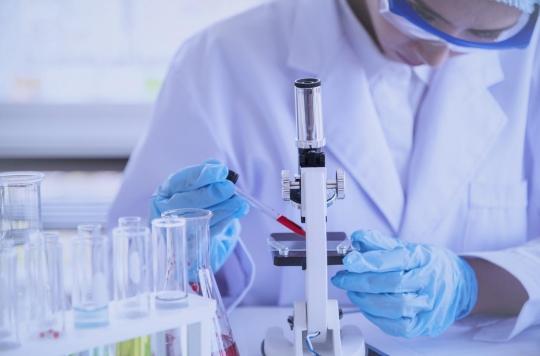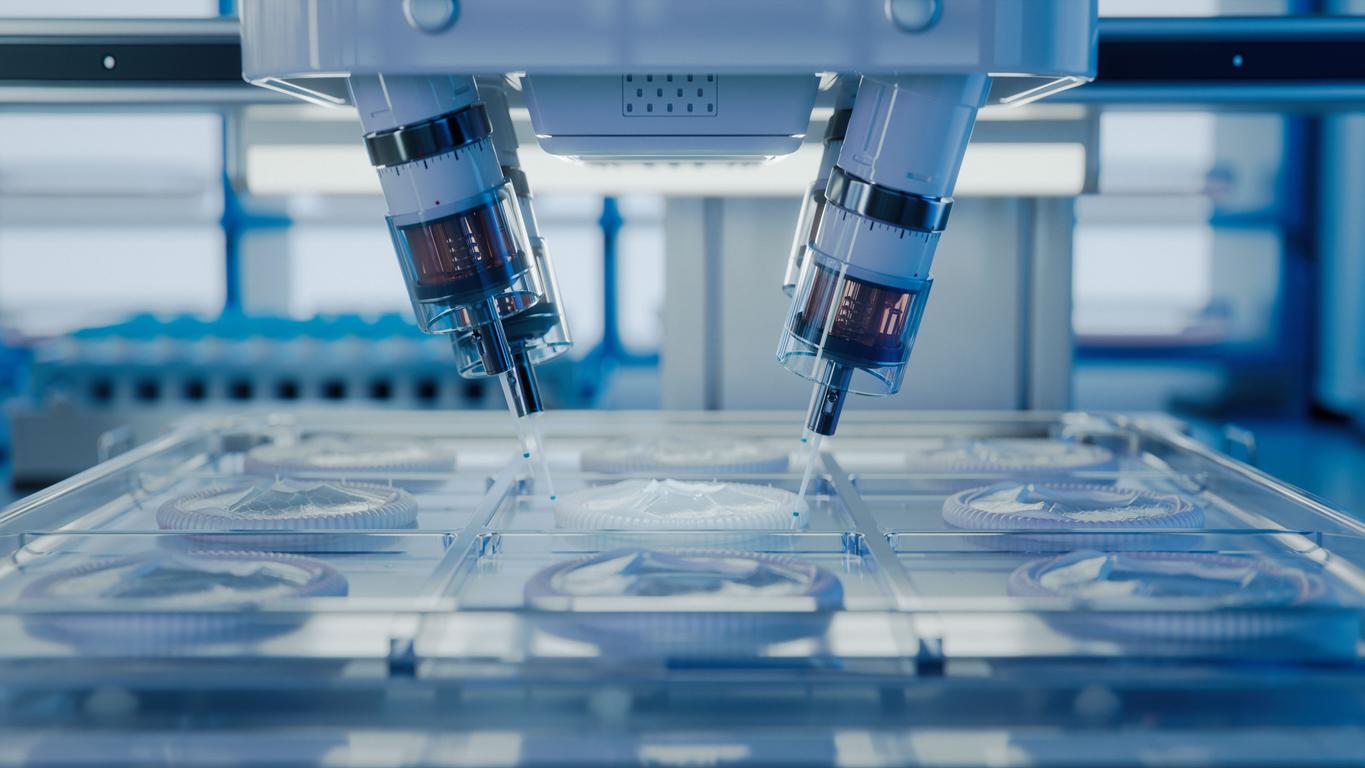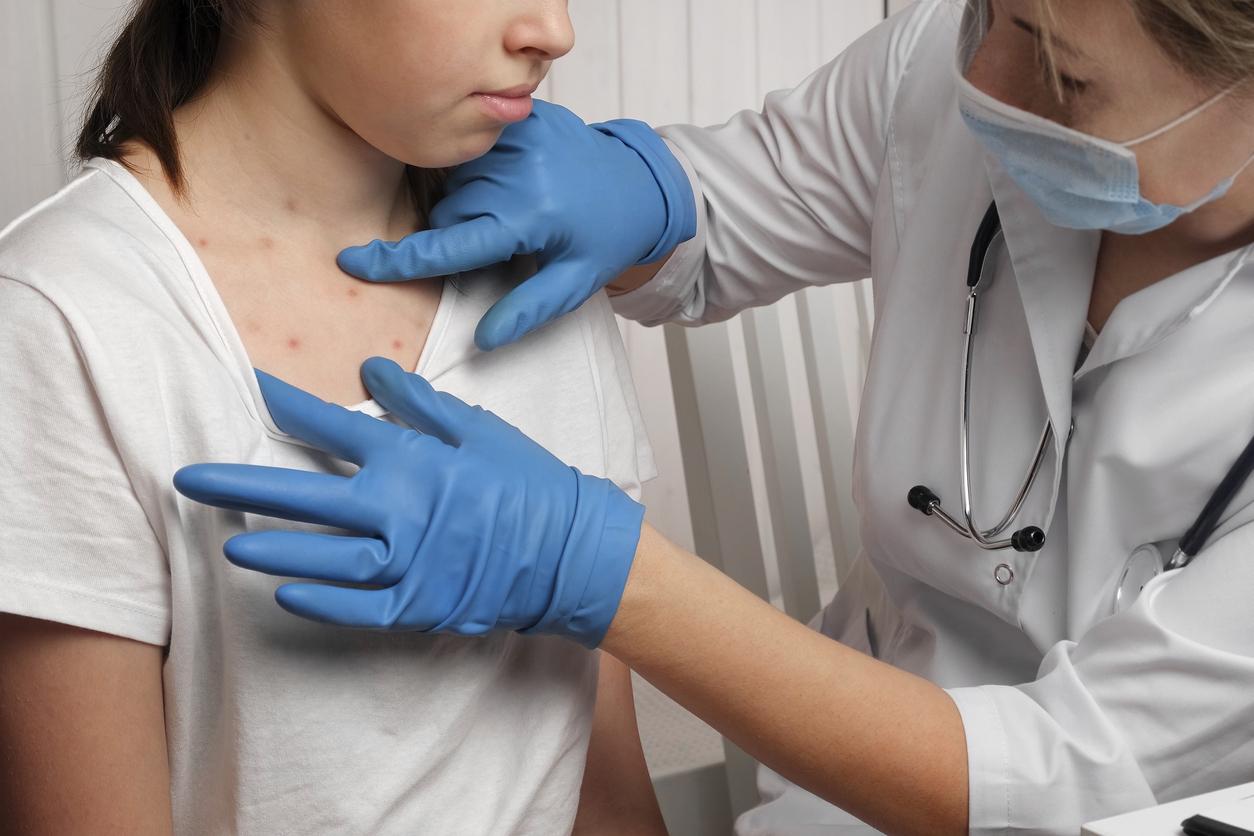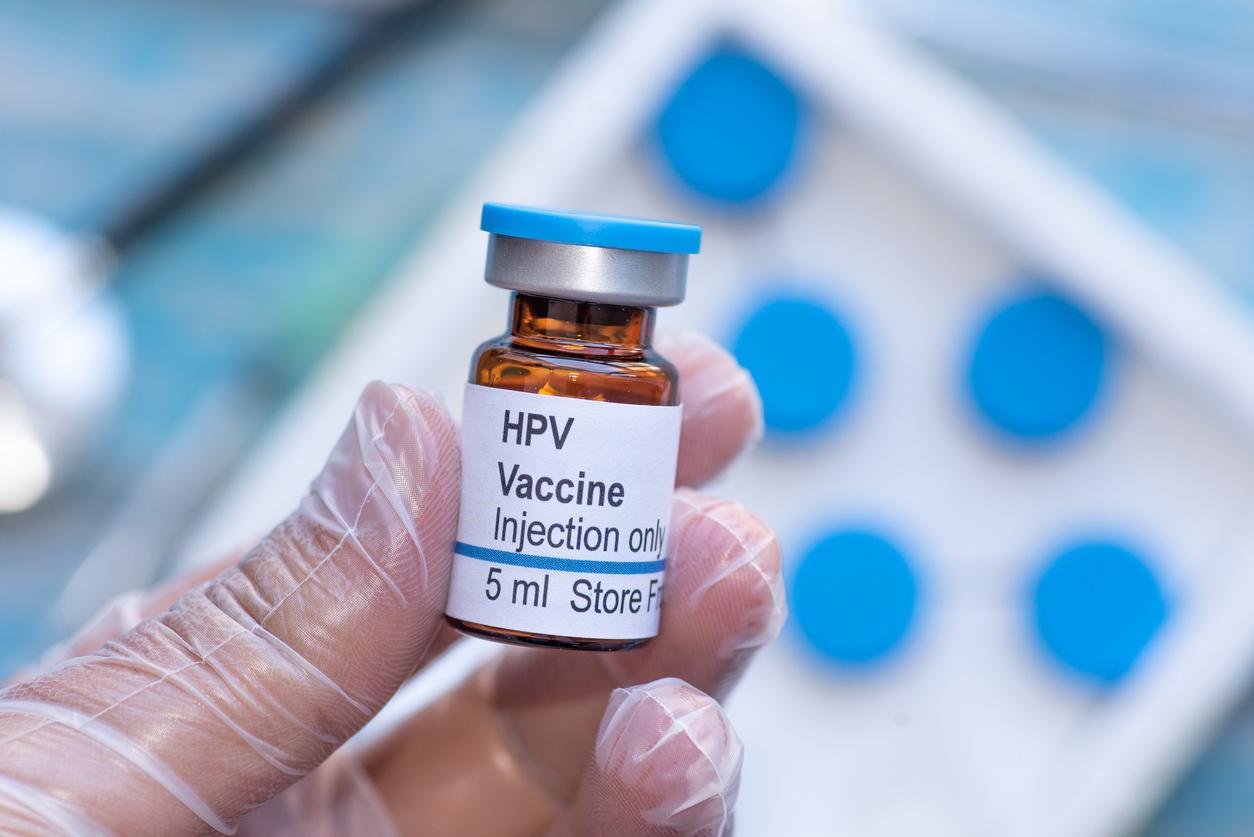In the United States, the American group Eli Lilly announced on Wednesday 10 that it had started testing two specific therapies against the coronavirus, based on antibodies, on patients. If these treatments prove effective, they could be marketed long before vaccines.

- In the United States, the American group Eli Lilly has started testing two specific therapies against SARS-CoV-2 on patients.
- The goal of these antibody treatments is to prevent coronavirus proteins from entering human cells and then replicating.
- If the trials go as planned, they could hit the market well before the vaccine, expected for 2021 at the earliest.
As the race for a coronavirus vaccine intensifies and clinical trials combining existing treatments continue around the world, others are trying to develop specific treatments for SARS-CoV-2. In France, the Humoral Immunology laboratory of the Institut Pasteur (Paris) searches for antibodies capable of neutralizing the virus. In the United States, the American group Eli Lilly, which announced on Wednesday 10 that it had started testing two such therapies on patients.
These are called LY-CoV555 and JS016 respectively. The first is developed in partnership with the Canadian biotechnology company AbCellera and the second with the Chinese group Shanghai Junshi Biosciences. The goal of these antibody treatments is to prevent coronavirus proteins from entering human cells and then replicating. Monoclonal antibodies are widely used to treat cancer, rheumatoid arthritis, and many other diseases.
Finally, Eli Lilly is working on a third form of therapy which will aim to act on another part of the virus. But this lastwill probably be tested in combination with one or both of the other” treatments, explains Daniel Skovronsky, chief scientific officer to the American news agency Reuters.
A treatment for the fall?
If the trials go as planned, the treatments could hit the market well before the vaccine, expected for 2021 at the earliest. “If in August or September we see that people who have been treated are not progressing to hospitalization, that would be powerful data that could lead to an emergency use authorization.says Daniel Skovronsky. So that puts you in the fall period: September, October, November is not unreasonable.”
If both treatments work, it will be necessary to choose one and only one. “It’s good to have two antibodies. The downside is that manufacturing is valuable. We have limited manufacturing capacity. If two antibodies are needed, half of the people will be treated, develops Daniel Skovronsky. So our goal is to see if we can make an antibody at the lowest possible dose.”
If they prove effective, these therapies could also be used to prevent Covid-19. Nevertheless, “the global antibody capacity just isn’t high enough for us to think of adequate doses” for “billions of people as part of prophylaxis”, admits Daniel Skovronsky. The best solution would therefore be to inoculate vaccines against Covid-19 on a large scale when they become available and to reserve antibody treatments for people who are sick or who have recently been exposed to the virus. However, these treatments could also help vulnerable populations in whom vaccines are less effective, such as patients in nursing homes, for example.
What about vaccines?
In terms of vaccines, it is the American biotech Moderna, which received 483 million dollars from the American government, which seems the most advanced. On May 18, it announced promising initial results on a small number of volunteers in the first phase of its clinical trials. Phase 2, with 600 participants, then began at the end of May. Vaccination takes place in two doses separated by 28 days: half of the participants receive a placebo, randomly. If the dose tested in trials (100 μg) proves effective, Moderna will produce 500 million doses per year, and “possibly up to a billion”she said.
Then, on June 11, the biotech announced that it would enter the third and final phase of clinical trials from July with 30,000 healthy volunteers. This will allow us to see if the vaccine is more effective than a placebo in preventing contamination by SARS-CoV-2. The trial will be conducted in collaboration with the National Institutes of Health (NIH) and the protocol has been finalized with the United States Medicines Agency (FDA).
But even if there is a vaccine, people still have to agree to receive it. Indeed, maximum vaccination coverage will be necessary in order to eradicate the Covid epidemic. France, according to a poll Ifop for the Coconel consortium (Coronavirus and containment, which studies the epidemic), “between 20 and 25% of the population do not intend to be vaccinated against the new coronavirus.” The main reason for this distrust is, as often, the fear that the vaccine is harmful, since it was created in haste.
“Reluctance is much stronger among people who feel close to far left and far right parties, as well as those who say they have no political orientation and who abstained in the previous presidential election, develops Jeremy Ward, sociologist and member of the Coconel project. In France, we have observed for several weeks a growing politicization of the debates around the management of this epidemic. Figures from opposition parties presented the choices made by the Philippe government as political choices reflecting the ideology of Macronism. (…) The difficulties encountered by the authorities (availability of masks and tests in particular) gave rise to this political criticism as well as mistrust.
Therefore, it is crucial “that authorities communicate early and transparently about fast-track vaccine authorization procedures, to prevent vaccines from getting caught up in political debates again.”


















